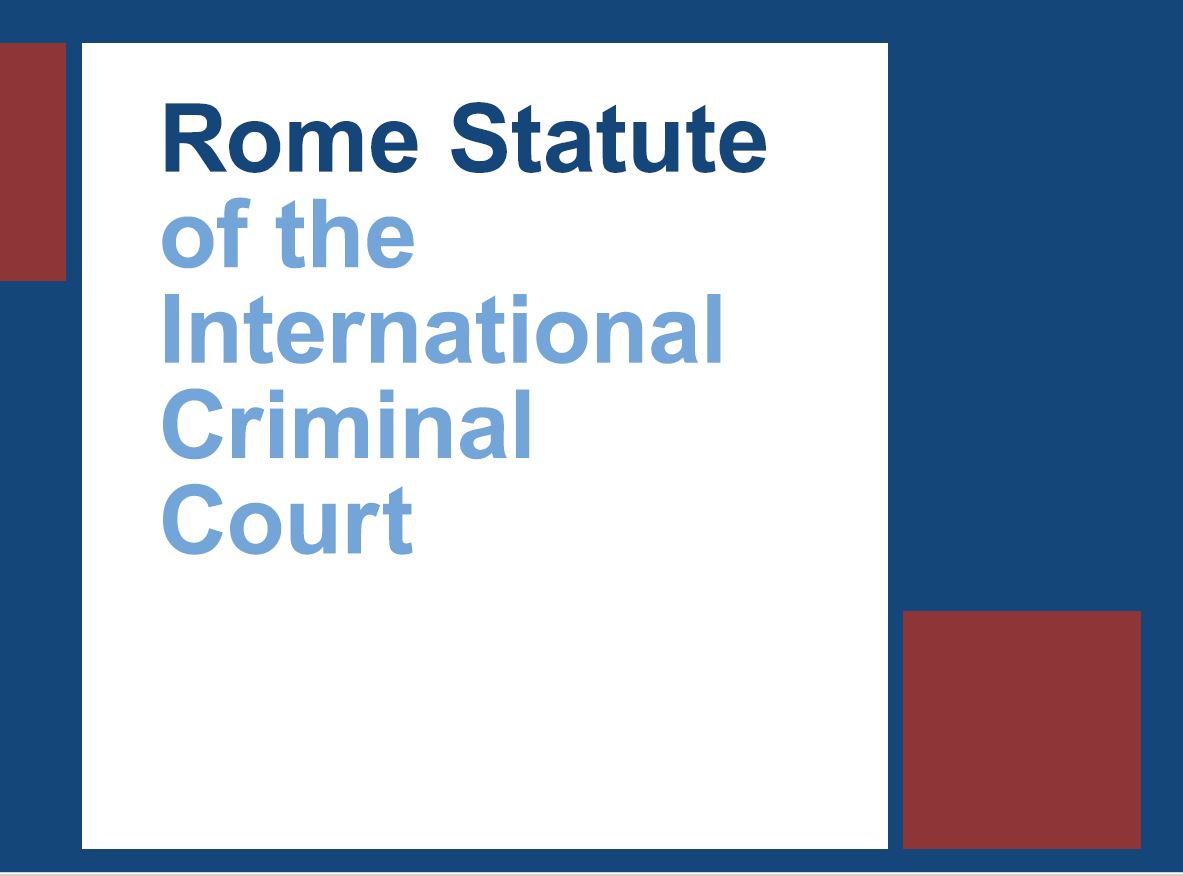KATHMANDU: The Advocacy Forum-Nepal (AF) and Amnesty International Nepal (AI Nepal) have called on the government to urgently ratify the Rome Statute.
The two organizations made this call through a joint press release issued Friday on International Criminal Justice Day, which marks the historic adoption of the Rome Statute of the International Criminal Court (ICC) over two decades ago. They also reiterated their commitment to ceaselessly advocate and campaign towards combatting impunity and serving justice to those who have been victims of international crimes.
“We do not see any logic behind the government’s reluctance towards not acceding the statute of the ICC even after 23 years of its adoption. Any further delay in being party to the statute demonstrates that Nepal is not only hesitant to end the impunity for the perpetrators of the international crimes but is also unwilling to contribute towards the prevention of these crimes in the future”, said Nirajan Thapaliya, director of AI Nepal.
In all the last three Universal Periodic Review (UPR) cycles (2011, 2015 and 2021), Nepal received recommendations from several UN member states to prioritize ratifying the Rome Statute of the ICC, which adjudicates international crimes such as war crimes, crimes against humanity, genocide and crimes of aggression, along with other international human rights instruments. During the UPR’s first cycle, Nepal had labeled the recommendation as “under consideration” while in the subsequent two cycles, Nepal has simply “noted” it.
“The ratification of the Rome Statute will be a positive step toward addressing the deeply entrenched culture of impunity as it will serve as a strong deterrent towards the abuse of power and commission of these serious crimes in the future”, said Om Prakash Sen Thakuri, executive director of AF.
Nepal went through a bloody conflict between 1996 -2006 when several crimes of egregious nature were committed by the parties to the conflict, including crimes under international law. Fifteen years after the end of conflict, impunity runs deep and the state has grossly failed to deliver truth and justice to the victims of human rights violations and abuses.
The Rome Statute endows individual criminal responsibility on the international crimes and this will serve as a tool to dissuade parties to the conflict, including the leaders in each rank and file, to commit the heinous crimes that have been committed in many conflict situations, both the organizations said. They further added that being party to this statute will also prepare grounds in Nepal to strengthen the domestic criminal justice system of Nepal.
Despite repeated commitments on resolving the issues of transitional justice at various international forums, the Government of Nepal has failed to deliver. Contrary to Nepal’s pledge to disallow blanket amnesty in serious human rights violations committed during the conflict, the reality is that it has not even started a transparent process to amend the Enforced Disappearance Inquiry and Truth and Reconciliation Commission Act, 2014, as ordered by the Supreme Court in February 2015.
AF and AI Nepal strongly urge the government to fulfill its own commitments made at various international forums and implement the recommendations it received in order to further a credible and victim-centric transitional justice process in Nepal. AF and AI Nepal echo the preamble of the Rome Statute that it is the duty of every State to exercise its criminal jurisdiction over those responsible for international crimes and accountability of such crimes is the foundation of a just society. RSS









Comment